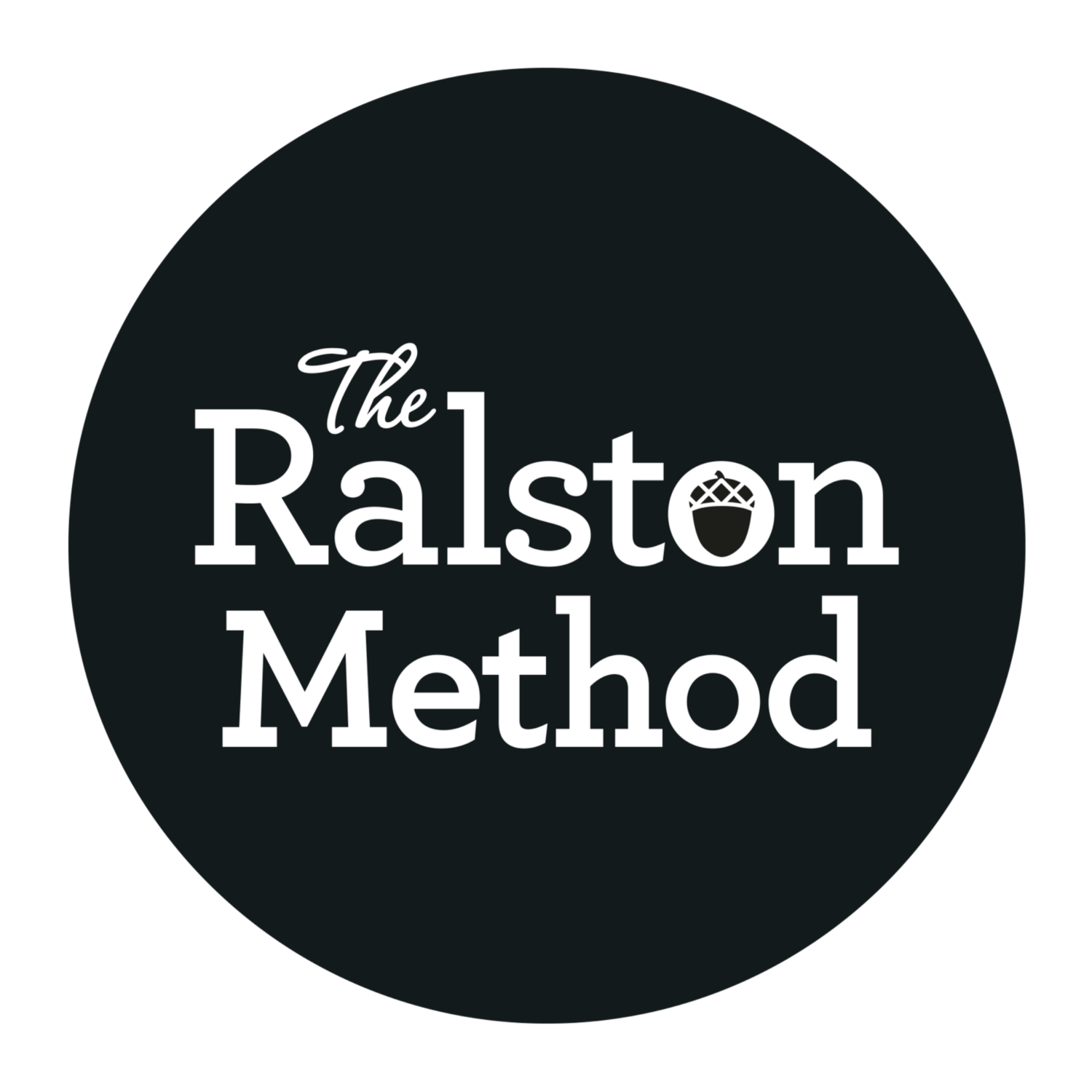Ever found your heart beating faster as you sit in a traffic jam on the way to work? Do you snap at the kids as you try to hurry them out the door to school?
If you’re experiencing signs of stress before the day has even properly started, yogi and wellness practitioner Nikki Ralston says it could be time to rethink your response.
Stress is a part of life we can’t avoid, says Nikki, so changing your view of it and altering your day to day life are a big part of managing it.
In a recent talk at our Auckland shop, she shared some great tips for rethinking your response to stress.
Ritual
Nikki’s a big fan of ‘micro rituals’ that help us move from one part of our day to the next without carrying stress between them. One of the techniques for achieving this is a relaxation exercise: sit tall and close your eyes, be aware of physical stress in your body, feel your breath, take conscious breaths inhaling through the nose and out through the mouth, letting go of stress as you exhale.
Connection
Nikki loves bringing down the barrier to connection through her massage work, where she finds touch makes people more willing to share their vulnerability. She says working with a diverse range of clients has shown that people share the same insecurities and fears. And she says scientists have shown that reaching out to other people during a stressful life event is an effective way to improve your mood, with researchers suggesting the hormone oxytocin plays a big part in this.
“Oxytocin is also produced under the stress response. If we reach out to another person we start to produce more of it and lower the stress response in our own body and in the person we’ve reached out to.”
Stop the glorification of busy
Nikki says there’s a tipping point when stress turns to distress in the body and mind. But those who have developed effective strategies to deal with day to day stressors are less likely to develop negative physical and psychological symptoms, she says.
To come back from the “slippery slope” Nikki found herself on a few years ago, she decided to stop being a “juggler” – someone who could give only a short time to each part of life.
“[Being a juggler] means I’m only holding onto these precious things for fleeting moments. I don’t want that because these are the things I really value that are closest to my heart. I want to be really present when I’m teaching yoga and really be a mother.”
Nikki says “busy” has become a blanket response when people ask how we’re doing, but she now tells people that her life is full with many things. That then prompts people to ask what’s filling her life.
Know the signs of stress
Stress can cause many physical symptoms, including headaches, nervousness, irritability, mental health problems, acne and other skin issues, a faster heartbeat, muscle aches and tension, nausea, heartburn, digestive problems, irregular or painful periods, increased blood sugar and an increased risk of diabetes.
Clean up what’s around you
Nikki says the things around us, what we put on our skin and clean our clothes and houses with, can also be stressors. She recommends taking as much care about the chemicals we use on and around us as we do about other stressors. She started using ecostore products when her father became seriously ill, but says people don’t need to wait for life changing events like this to start using eco products.
Meditation and yoga
Meditation is proven to make us more resilient to stress, while yoga can be used to help us handle life situations at different points on the stress spectrum, Nikki says. For example, a seated pose is practice for calmer conditions, while more strenuous poses help us handle highly stressful situations, she says. And meditation doesn’t have to take up a huge amount of time - Nikki says waking meditation can be done while in the car on the way to work and might only take five minutes.
Sit
You might not think of sitting down if you’re in a stressful situation, but Nikki finds sitting in nature and sitting to meditate helps reduce stress.
She also uses the acronym I SIT as a way to remember four methods of dealing with stress - Identify, Strengths, Imbalance, and Tension.
Identify:
By identifying and journaling your stress triggers, you’ll notice patterns and can form strategies to deal with them, she says.
Strengths:
Rather than getting caught up in the demands of daily life, we can identify the things that strengthen us, like walks on the beach, and do more of them. Part of being strengthened, Nikki says, it also about getting real with yourself and acknowledging that you won’t be good at or enjoy everything.
Imbalance:
Striving for imbalance means deliberately shifting your life towards those things that strengthen you, Nikki says.
Tension:
Nikki recommends finding ways to release and reduce tension in your body and in those closest to you. Whether its massage, a warm bath, a long walk on the beach or a good talk with a friend. Do what releases stress and tension and understand what your partners needs are to release stress.
"Life is what you make of it and we all deserve to live a rich and fulfilling life"


